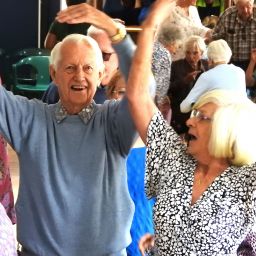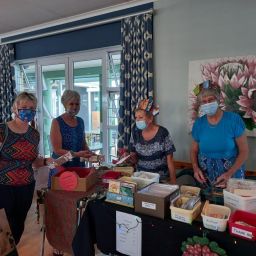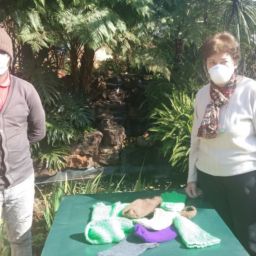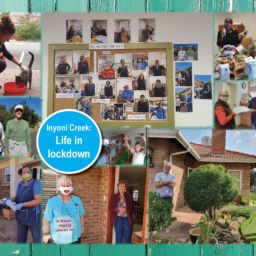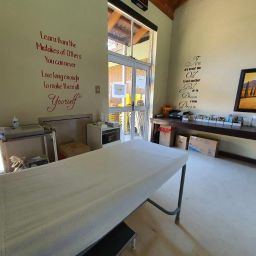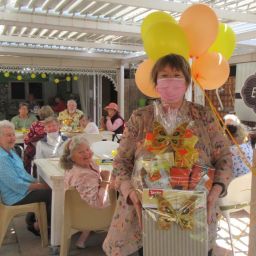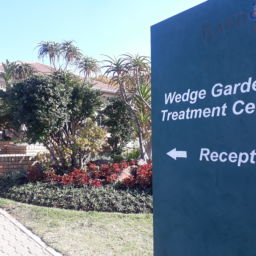
While benzodiazepines (also known as benzos) can help treat some mental health and neurological conditions, they are addictive and should only be used for a short amount of time.
This is according to Adèl Grobbelaar, the manager of SANCA Wedge Gardens treatment centre, who confirms that many people suffer from benzo addiction.
Benzos are sedatives, most often prescribed to treat anxiety and panic disorders. They are usually used as a short-term treatment, given for two to four weeks, in pill form. In rare situations, they can be injected to help control panic attacks.
“Benzo addiction has always been a problem, but was often seen in women more than men. Since the coronavirus pandemic hit South Africa, benzo abuse has become more noticeable in both genders.
“Many addicts land up in hospital due the very complicated benzo withdrawal process. Some benzo addicts drink two months’ worth of sleeping tablets a day. No detoxification medication can provide an equivalent of that dose, unless they are placed on a drip in hospital,” says Adèl.
The growth in benzo use during the coronavirus can largely be attributed to an increase in anxiety and depression caused by the pandemic. “For this reason, some doctors prescribed benzos more frequently,” says Adèl.
While people need a doctor’s prescription for benzos, addicts are still managing to get large supplies as they visit numerous doctors. While pharmacies should be able to pick this up, some do not take down people’s personal details when they pay cash for their medicine.
“While there is a codeine survey in place to manage the selling of codeine, not all pharmacies participate,” says Adèl.
Excessive benzo use makes addicts aggressive, even though they are prescribed as sedatives, as withdrawal typically only starts after the fourth day. One client that arrived at SANCA Wedge Gardens for benzo addiction treatment become so violent that he crashed through one of the rehab centre’s windows and had to be admitted to a hospital’s psychiatric ward. He was also an alcoholic, but has since become sober.
“If not medically assisted, these users can start having seizures on the seventh day. The withdrawal symptoms keep them awake day and night, which could cause the aggression.
“When taken in large amounts, a substance users’ tolerance level changes. This is why they have to keep taking more to get the desired effect,” says Adèl.
Rehabilitation for benzo use is also particularly challenging because patients are not honest about the amounts they take.
“These patients can be very difficult, emotionally needy and seek pills for every complaint they may have. Usually, they are not motivated and have been forced by someone to undergo the rehabilitation process.
“It is not often a success story and these users often don’t complete the rehabilitation programme. They have a better chance if they have already completed the detoxification programme in hospital, before being admitted to rehab centre,” says Adèl.
To people who have been prescribed benzos to ease anxiety, Adèl advises that they only use them short-term to avoid addiction. The risk of addiction is higher if you have a history of drug or alcohol abuse or if you have a personality disorder.
“If anxiety persists, rather consult a psychiatrist so that you can be assessed properly. There is alternative medication available, that is more effective,” says Adèl.
Common side effects
Common side effects of benzos include drowsiness or sleepiness; dizziness; headache; confusion; numbed emotions; reduced awareness; muscle weakness; tremor; problems with balance and walking, speaking and swallowing; and problems with motor skills, including writing and eating.
Some of the common physical side effects of withdrawal include stiffness, weakness, stomach problems, flu-like symptoms and visual problems; while some common psychological side effects of withdrawal include anxiety, insomnia, nightmares, depersonalisation, problems with memory and concentration, depression, hallucinations and delusions.
For more information about SANCA Wedge Gardens and its Full Circle Recovery Programme, visit www.wedgegardens.co.za.


